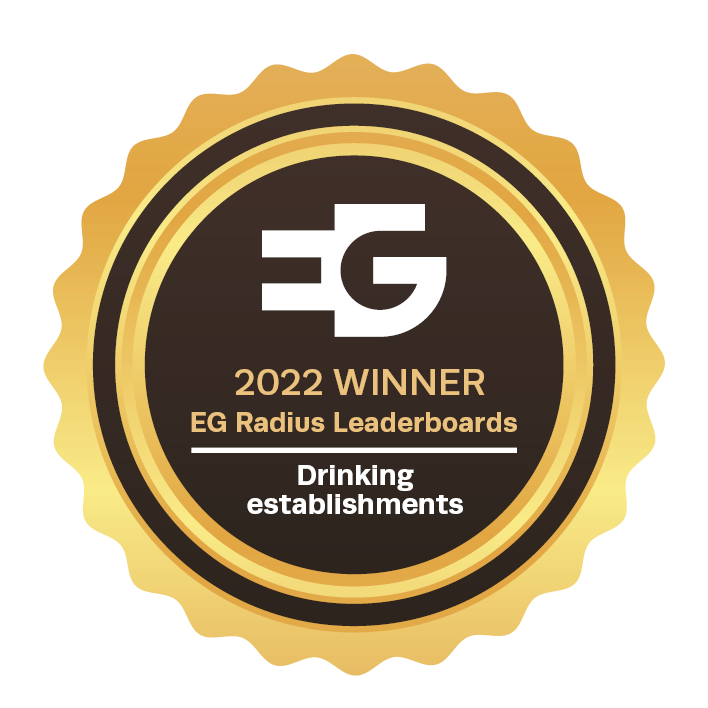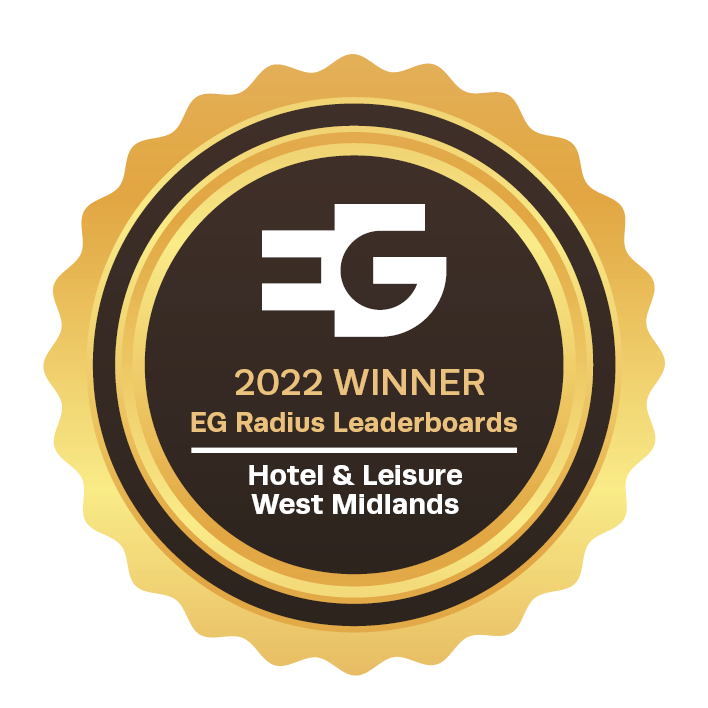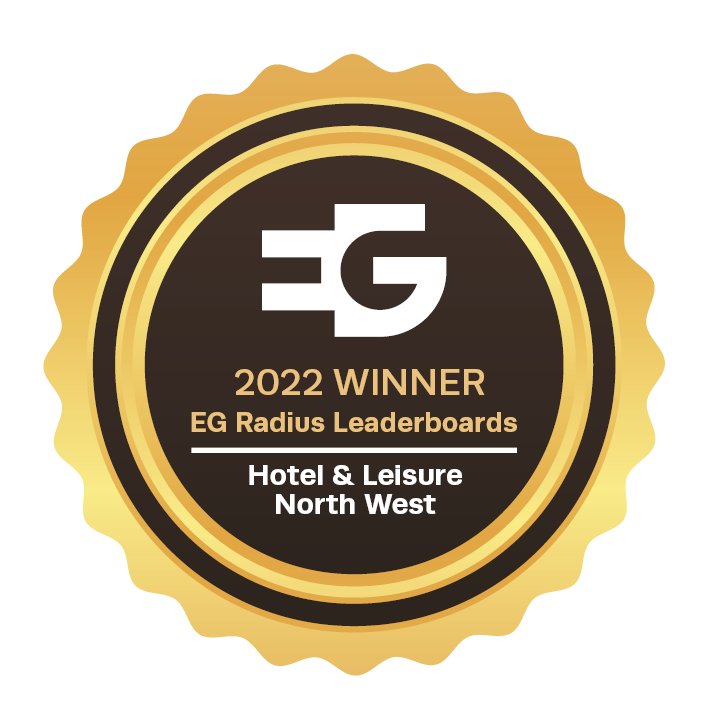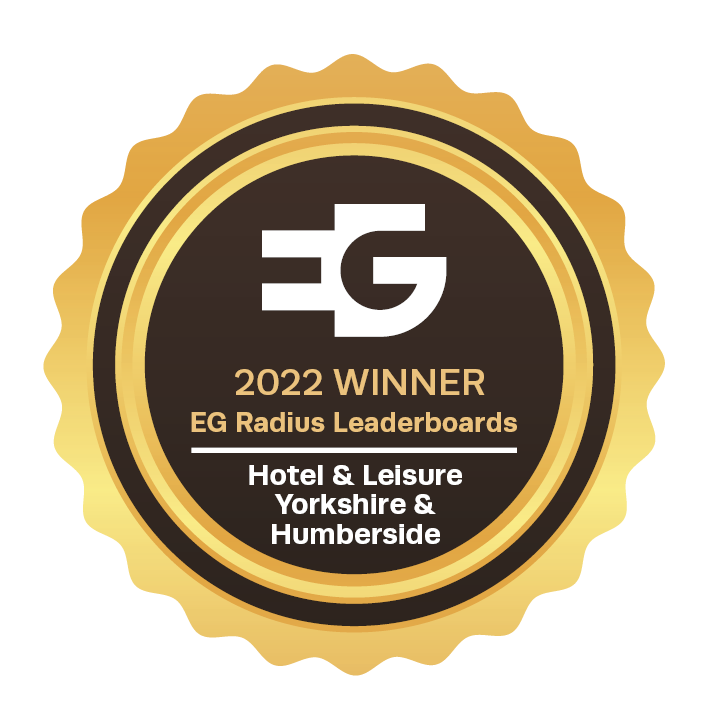







Buying any business is a stressful process but buying a hotel can be more stressful than most. There are a number of guides available advising on the hotel purchase process but the points below are more strategic in nature. Although there are no guarantees, careful consideration of these points will help to ensure that the hotel purchase proceeds as smoothly as possible and that the hotel will match the dreams and aims of the purchaser.
1. Location v Value
Unlike many businesses, hotels are generally valued via the profits method, underpinned by the underlying value of the buildings themselves. Hotels for sale with similar turnover and profitability can have hugely different asking prices even if they are geographically not that far apart. For example a hotel for sale with a good roadside location in a popular tourist town will normally sell for a significantly higher sum than a similarly located hotel in a non-tourist town, with the price often driven higher by a large number of potential purchasers. Consider carefully if this premium is worth paying for, or if profitability is a more important factor.
2. Cash is Still King
Despite the fact that the financial outlook has improved significantly since 2008, most lenders look for experienced operators with substantial cash funds. In addition, the best value hotels available are often distressed sales with either no accounts or limited and poor accounts. A minimum of 30% of the purchase price is normally required. We therefore recommend that purchasers should speak to an experienced financial advisor involved in the hotel property market at a very early stage, to ensure that the properties considered are realistically within the purchaser's price range.
3. Freehold Hotels v Leasehold Hotels
Many private individuals do not even consider leasehold hotel opportunities, but the purchase of the freehold hotel can be a drain on capital that could be more effectively invested in the business. A leasehold hotel purchase should therefore not be automatically discounted. Flexible arrangements can be struck in the current environment in an effort to meet both vendors and purchasers expectations and prevent deals falling through. Deferred payments, whereby the purchaser pays the bulk up front and then the remainder once up and trading, can smooth the way. Another available option is to buy the leasehold with an option to purchase the freehold.
4. Limited Service & Full Service Hotels
Historically independent hotel operators would provide a full breakfast and bigger hotels would offer a full service to include a fully licensed bar, restaurant, function facilities etc. Over recent years this style of operation has been challenged by the branded hotel operators and the budget hotel groups. Aparthotels and new players, such as Airbnb, are now offering greater competition.
In addition, the rise of the Online Travel Agents (OTA) such as Booking.com and Expedia.com along with Dynamic Pricing are starting to dictate room pricing and profitability. The implications of Brexit and the National Living Wage are also likely to put pressure on wage costs.
Purchasers need to consider carefully how they will deal with these issues and how to compete against them. The value of a hotel is linked to its profitability and any business plan will need to take these factors into account.
Purchasers should make sure they take sound advice from specialist hotel advisors who have a proven record of involvement with hotel sales; and engage professionals, valuers, accountants, solicitors and financiers etc. who are familiar with the hotel sector.
5. Lifestyle
Running a hotel requires a dedicated and committed approach. Even a limited service hotel will require good management and a purchaser will need to be prepared to work long and unsocial hours. In addition many hotels only have limited or small private accommodation. If the hotel purchaser intends to live on site this can lead to family and work pressures that can strain relationships.
6. Exit Strategy
We are aware that many hotel purchasers consider all or most of the above but often do not think about their long term aspirations in relation to selling their hotel. Any purchaser should carefully consider this. Ideally three years certified accounts showing good consistent profitability should maximise the opportunity of achieving the best price and hotel sale.
For example, if your intention is to sell your hotel within five years then this would mean that all investment should take place within the first two to three years. Alternatively if the purchaser has a long term plan then the investment can be a rolling plan with different parts of the hotel up-graded or reviewed on a year by year basis.
We often find that the decision to sell a hotel is event driven rather than strategically planned and as such the historic accounts provided are often not fully prepared to maximise profitability of the business, possibly affecting the saleability and final sale price of the premises.
How to find out more about buying a hotel or selling a hotel
If you are considering a new career in the hotel trade please do not hesitate to contact Fleurets as we can provide advice and expertise on a whole range of topics, relating to the purchase of your first business. With a national network of offices, we can ensure that you are kept up to date with all of the latest developments in your local area. Furthermore, if you are looking to sell your hotel, then please do not hesitate to get in contact with one of our industry specialists found here.